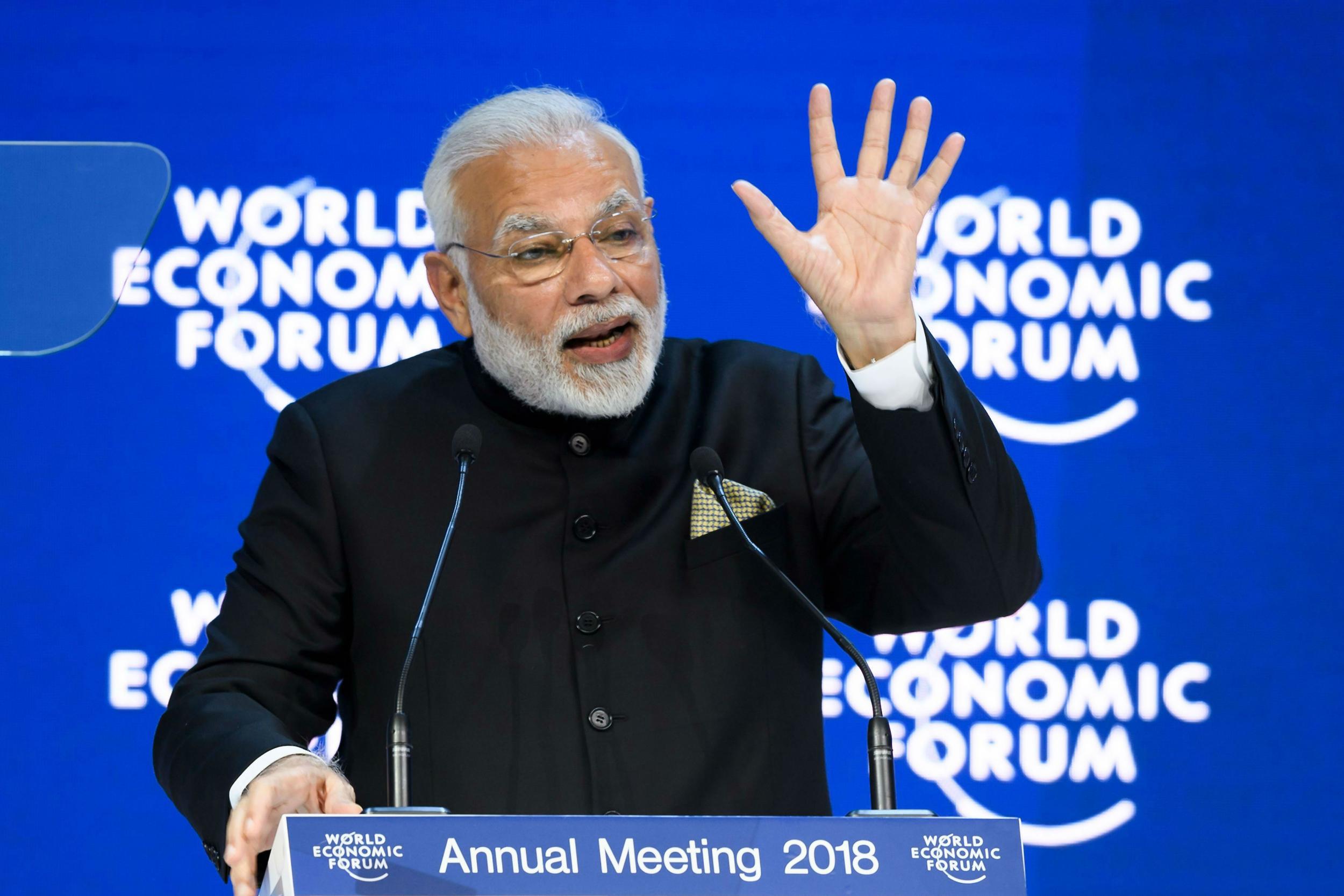This year, India will surpass the UK to be the fifth largest economy – but we shouldn’t worry too much
By 2050 the world economy will be back to the sort of balance that it was in around 1820, before the Industrial Revolution really got going. The order will be China, the US, India, Japan, and Germany – with the UK after that


Let’s look long-term for a change. This year will in all probability see two seismic shifts in the global economic league table. China will pass the Eurozone to become the world’s second-largest currency area. And India will pass the UK and France to become the world’s fifth largest economy.
I was aware of the second possibility, and the Centre for Business and Economic Research published a report in December predicting that this would happen. But I had not spotted the first until a Bloomberg story pointed this out earlier this week.
It reported: “China’s gross domestic product is forecast to reach about $13.2 trillion in 2018, beating the $12.8 trillion combined total of the 19 countries that use the euro.”
There is still some way to go before China passes the EU, but with the UK leaving the union that will happen sometime in the middle 2020s.
Does it matter that the developed world, or rather the present developed world for there is a new developed world being created alongside it, should be losing ground?
In one sense no, because we are reverting to a power balance that has existed for most of the past 2,000 or more years, when China and India have been much larger economies than Europe and America.
Europe and then the US only leapt ahead because of the Industrial Revolution, and – though this is more contentious – because western policies towards China and India may have slowed the transfer of western technology.
That debate is for the economic historians to ponder. What is beyond dispute is that China’s gradual adoption of a market economy and western technology since 1978 has propelled its recent growth, and that the more recent reforms in India have enabled it to surpass China in economic growth.
As a result it is very hard to see China not passing the US in economic size sometime around 2030, and India passing Japan to become number three about a decade later.
So by 2050 the world economy will be back to the sort of balance that it was in around 1820, before the Industrial Revolution really got going. The order will be China, the US, India, Japan, and Germany – with the UK after that.
But if we simply have to accept this, there are ways that the West can help shape the world economy in a positive way.
For a start, the US can be pretty confident that it will remain the single most important cultural, technical and intellectual power for another generation at least.
China will be the only challenger, for neither Europe nor Japan can match it. The UK has the only universities that can give the US a run for its money. In military terms, it will remain number one: the only country able to project power across the world.
Second, the institutions that the US helped create after the Second World War – the United Nations, the International Monetary Fund, the World Bank, the World Trade Organisation and so on – have been the base on which the world has seen the greatest burst of prosperity and the fastest narrowing of global income differentials that the world has ever known.
We are all aware of the faults of those bodies, but we should also be aware of their overall success.

The question is how to pass over more of the stewardship of these institutions to the emerging economies. How, for example, can the Group of 20, which has replaced the Group of Seven as the main coordinating body for economic issues, become less unwieldy? (The G20 includes the main emerging economies, whereas the G7 are just the developed countries.)
Third, there is one absolutely crucial relationship: that between the US and China. There are others of course, notably between India the rest of the subcontinent, and China, that matter too.
We all should worry about the Middle East, and I think also should worry about Russia coping with its declining power (and population) by trying to destabilise Europe – also a region in long-term relative decline, though not as fast as Russia.
But the one that must not go wrong is the pivot between China and the US. Some see this in terms of the US handing over the baton of responsibility to China, but realistically that will not happen. They have to share it – to somehow carry it together.
These are huge issues. They are issues that make the little matter of the UK’s future relationship with Europe seem a sideshow. The only message I take from this is that it is in the self-interest of both the UK and Europe to have an amicable debate rather than an ill-tempered one.
As for the message from China passing the eurozone, and India passing the UK, we should I suggest respect and acknowledge what is happening. To come back to earth, next time you see one of the new hybrid London taxis note that they are made by the subsidiary of a Chinese company, Geely.
And when you see a Jaguar or Land-Rover, remember their revival has been under its Indian owner, Tata.
Join our commenting forum
Join thought-provoking conversations, follow other Independent readers and see their replies
Comments
Bookmark popover
Removed from bookmarks